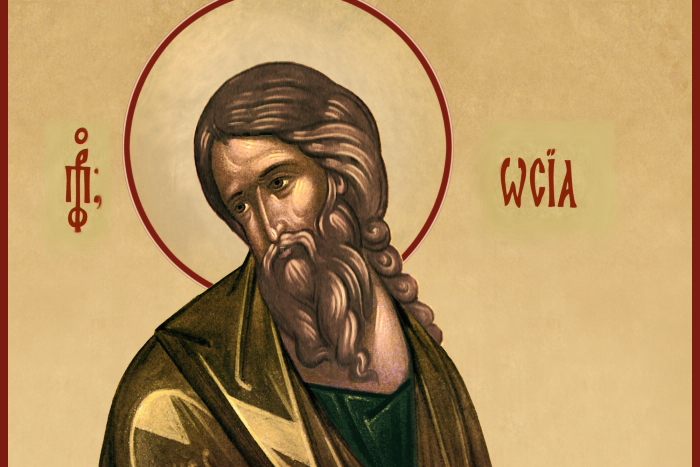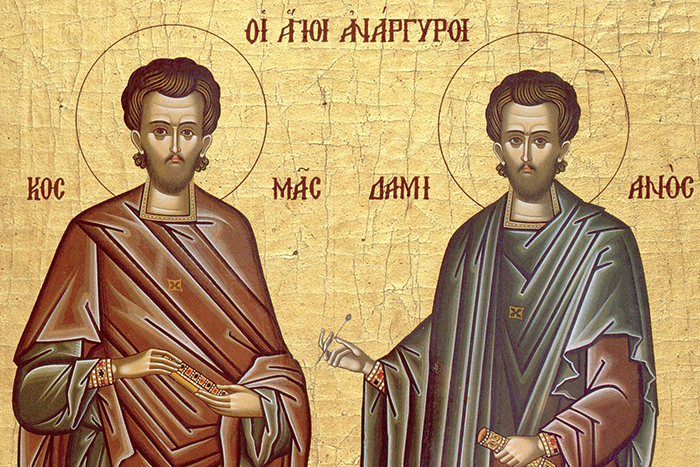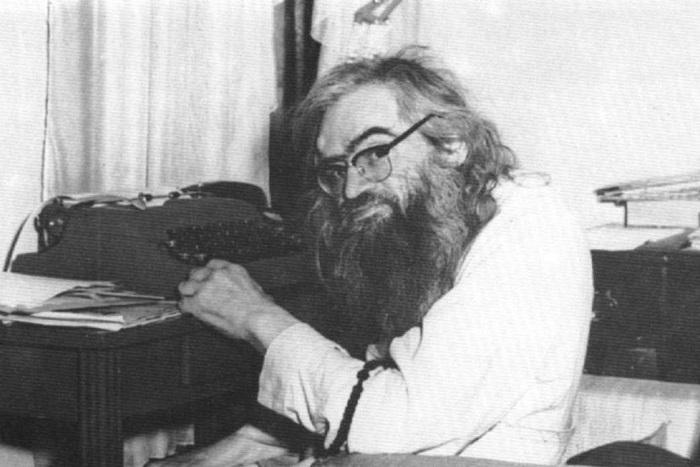
Today, on October 30 (October 17 according to the Julian Calendar), the Orthodox Church honors the memory of the Prophet Hosea, who lived long ago, in the 8th century before Christ. Together with his eldest contemporary Amos, he preached in the Northern Kingdom of Israel shortly before its collapse in 722 BC. These first two prophets out of the great constellation of “prophets-writers” were a qualitatively new stage in the history of the Old Testament religion1.
The sermons and teachings of Hosea can be found in the first part of the Bible, the Old Testament, in the book bearing his name. The main theme of the book is love and the true knowledge of God. “For I desired mercy, and not sacrifice; and the knowledge of God more than burnt offerings,” he says on behalf of God (Hosea 6:6). It is obvious that Christ often quoted these words to the legalists and Pharisees, who were convinced that one could be acquitted before God and obtain His favor by means of abundant sacrifices, hypocritical fasting, and the fulfillment of the casuistic precepts of the Law of Moses (Torah). At any rate, the Evangelist Matthew puts these words of Hosea into His mouth twice (Matthew 9:13, 12:7). The prominent Russian theologian and enlightener Archpriest Alexander Men called Hosea “the prophet of the demanding love of God”.
For the first time, Hosea proclaimed that God is not only the fearsome and punishing Judge as previously thought (and many still think so2), but above all He is the Father who is full of mercy. The same quality – mercy – is required of man, and God does not accept the prayers of evil people, libelous slanderers and intriguers who boast of their imaginary faith.
The prophet Hosea expressed the most important thing about God and man, and it is in his words that Jesus Christ addresses his contemporaries and all of us: But go ye and learn what that meaneth, I will have mercy, and not sacrifice (Matthew 9:13). The Almighty wants us to have mercy on the people around us – people of all nationalities and faiths – and without it, there is no point in going to church, lighting candles, bowing and even banging our heads against the floor. Pharisees and hypocrites were doing all this and were harshly condemned by Christ. Alas! There are many of these among Christians as well (regrettably, there seems to be no shortage of such people). The Prophet Hosea makes us re-evaluate our path and our spiritual condition again and again.
Sources:
Alexander Men, Messengers of the Kingdom of God: Bible prophets from Amos to the Restoration (VIII-IV centuries BC). Moscow, 1992 (the best work on the biblical prophets in Russian; contains a detailed bibliography on this topic).
How to read the Bible: A Guide to Reading Old and New Testament Books. Part 2, Moscow, 1998 (pp. 432-444).
Sergei Averintsev, Hebrew Literature // History of World Literature. Moscow, 1983, vol. 1, pp. 274-278, 284-286.
1 “Prophet Writers” is not a very precise but technically convenient term for a plethora of prophets (beginning with Amos), whose books (often supplemented with the texts of anonymous prophets) were included in the Old Testament. The conclusion of their prophecies about the coming of the New Covenant (Jeremiah 31:31-34), which, unlike the Old Testament, would be concluded directly with all people by the suffering Messiah (Isaiah 53), is to be found in the words of John the Baptist, who pointed to the One in whom the meaning of the Old Testament history was embodied, Behold the Lamb of God, which taketh away the sin of the world (John 1:29).
2 For example, we read in the famous Decalogue of Moses, I the LORD thy God am a jealous God, visiting the iniquity of the fathers upon the children unto the third and fourth generation of them that hate me (Exodus 20:5). Here the tribal (collectivistic unconscious) worldview is also expressed, where an individual is worth nothing. This view of God was strongly rejected by the “Great Teachers of Humanity” in the Axial Age (8th-3rd centuries BC), as defined by the philosopher Karl Jaspers. The biblical prophets occupy an exceptional place among them. The prophets strongly affirm the personal responsibility of every man before God and his immutable value in the eyes of the Creator. Thus, the Prophet Ezekiel (6th century BC) asks his contemporaries, What mean ye, that ye use this proverb concerning the land of Israel, saying, The fathers have eaten sour grapes, and the children’s teeth are set on edge? As I live, saith the Lord GOD, ye shall not have occasion any more to use this proverb in Israel. The son shall not bear the iniquity of the father, neither shall the father bear the iniquity of the son (Ezekiel 18:2-3, 20; cf. Jer. 31:29-30). And elsewhere, Have I any pleasure at all that the wicked should die? saith the Lord GOD: and not that he should return from his ways, and live? (Ezekiel 18:23). The pinnacle of this worldview is in the Savior’s parables about the lost sheep, the lost drachma and others (after all, those parables are about people, not animals and things).



